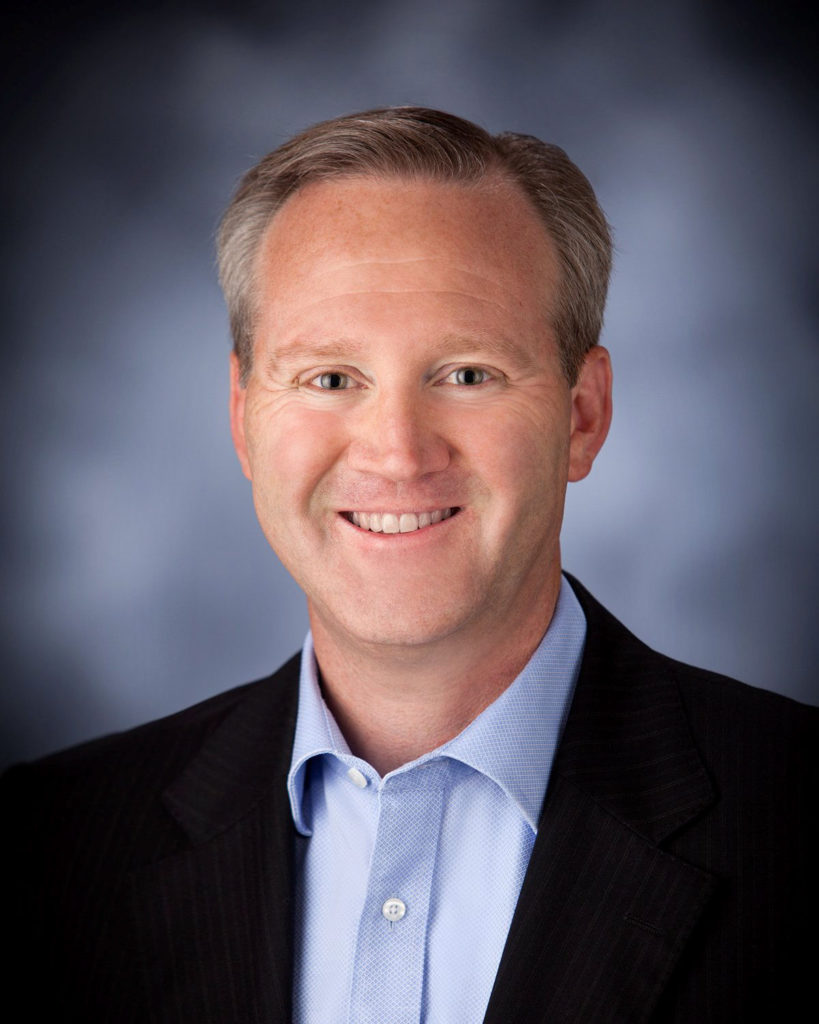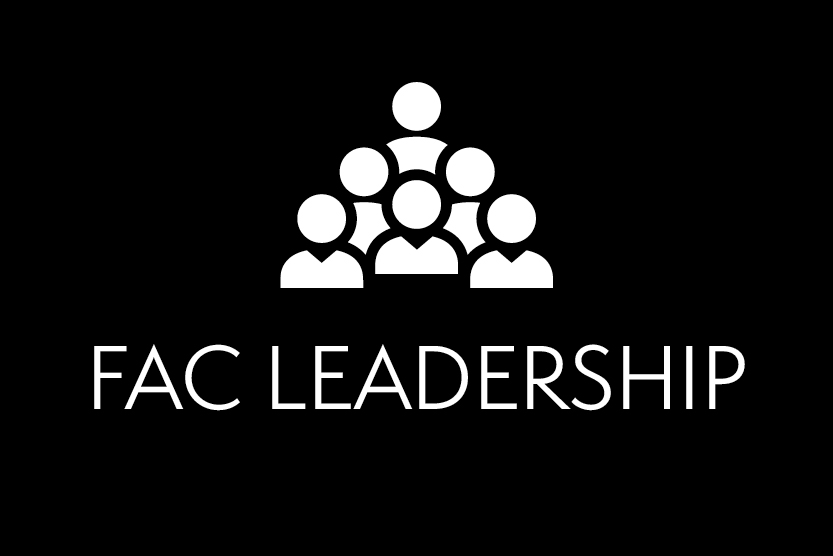By JEFF YOST
 Today, we know much more about human development than we did a generation ago. One of the most important things we’ve learned is that children develop intellectually and emotionally at a much younger age than we have traditionally assumed. In fact, 90 percent of a child’s brain development occurs before age five. Therefore, it’s crucial that infants and toddlers be appropriately stimulated through warm interactions with caring adults and exposed to rich, complex language.
Today, we know much more about human development than we did a generation ago. One of the most important things we’ve learned is that children develop intellectually and emotionally at a much younger age than we have traditionally assumed. In fact, 90 percent of a child’s brain development occurs before age five. Therefore, it’s crucial that infants and toddlers be appropriately stimulated through warm interactions with caring adults and exposed to rich, complex language.
Early childhood development programs do more than prepare kids to be intellectually ready for school. Trust, love and empathy are all learned and nurtured in the first few years. This type of emotional intelligence may be more important today than ever before. With technology becoming a bigger part of our everyday lives, relationships – the ability to clearly communicate and trust one another – will play a bigger role in human interactions with each new generation.
Investing in children at a young age pays a handsome dividend. Numerous studies have determined that for every $1 spent on early childhood education, the return on investment ranges between $7 and $13. Wow. When is the last time you have seen that kind of performance on your own investments?
Another flawed assumption is that caring for kids, birth to five, should make a profit, or at least cash flow… and that young parents are the only ones who should pay. Then, with kindergarten, we make a complete U-turn in our thinking, and we begin to invest in every young person through public schools and higher education. Given the science of human brain development, that doesn’t make sense. We need to start early with every one of our kids, the sooner the better.
When community leaders tell me child care should cash flow, I point out the preponderance of reputable, dissenting evidence and ask them ‘why.’ Honestly, I think most people have never thought to ask that question.
They haven’t thought through the benefits of early childhood development: children will be better prepared for life; parents are likely to be better parents; those parents are likely to be even more productive employees; and early childhood development will help employers attract more talent to join their companies. It should be an easy sell!
Early childhood development is what’s next! It’s the right thing to do for kids, their families, our communities, and our businesses.
In our 21st century information economy, more and more people, especially young adults with options, can choose to live and work nearly anywhere they want. Communities that offer early childhood education will enjoy a people-attraction advantage with young parents, who will insist on high-quality childhood development options.
I’ll conclude this column with a story. This spring, my hometown of Red Cloud held the grand opening of The Valley Child Development Center, a state-of-the-art facility with certified teachers and a robust program. Two of the speakers were Val and Danny Benge, who have three young children. Val is a Red Cloud alumnus. She and Danny recently purchased the only local grocery store. Danny told the crowd that his family’s move was due in no small part to the child development center. “We probably wouldn’t be here without a center like this. People thought you were probably crazy to build it, but it’s genius.”



